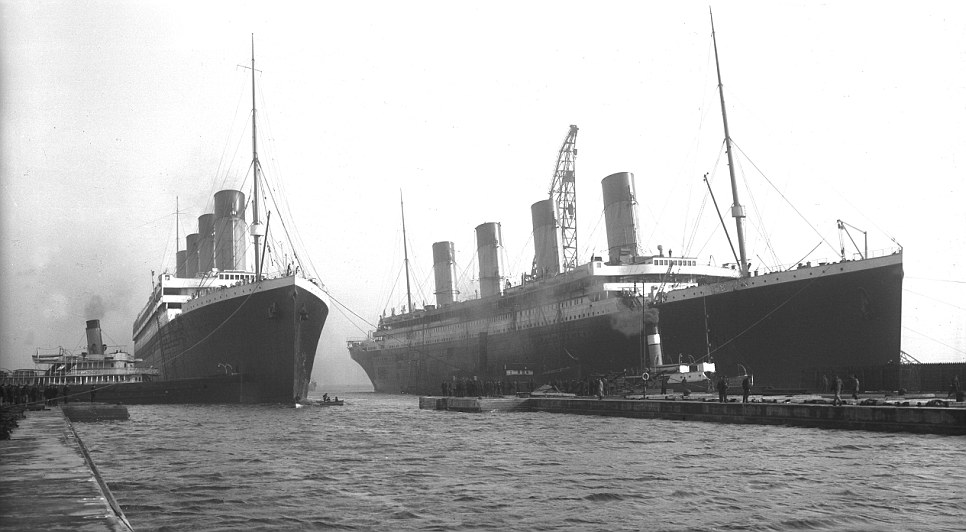
Gradual accumulation of organic micro pollutants in the oceans has been posing threat to the marine ecological system. The rising levels of organic micro pollutants in the oceans are attributed to the excessive use of plastics; plastics being the cheapest material used to meet our regular requirements.
These chemical pollutants comprising of cylindrical plastic resin pellets of few millimeters diameter have been found widely distributed in the oceans and beaches across the globe. These pellets derived from increased plastic production contain several organic micro pollutants like Polychlorinated biphenyls (PCB), Nonylphenol and DDE, which have serious effects on the marine life.
Scientists have voiced the concern of ocean pollution by persistent organic pollutants (POPs), a form of plastic resin pellet, dangerous for the marine and human life. Plastic resin pellets are released to the environment and oceans while transportation of raw materials when these are melted and molded to final products. Organic micro pollutants from plastic resin pellets are carried through streams and river water finally piling up in the oceans. Accidental oil spills during shipping and transportation also raise the concentration of organic micro pollutants in oceans.
Gradual rise in the concentration of organic micro pollutants has driven scientists across the globe to estimate the extent of ocean pollution and its dangerous consequences through ‘Pellet Watch’. There is a call for global monitoring of testing and assessing the concentrations of organic micro pollutants in the oceans and beaches. In order to study the regional variations of the compositions and concentrations of these pollutants, thousands of volunteers have been engaged to collect samples of plastic resin pellets from different urban and remote beaches of the world. Study of mussels (Mussel Watch) also helped in detecting the concentration of marine organic micro pollutants of a particular region.
Analysis of the collected samples revealed the presence of polycyclic aromatic hydrocarbons (PAH), polychlorinated biphenyls (PCB), bisphenol A, dicholoro-diphhenyl trichloro ethane (DDT), alkyphenols and polybrominated diphenyl ethers (PBDE) of varying concentrations (ranging between 1 to 10,000ng/g).
Higher concentrations of PCB were observed in the coastline of Kanagawa, Tokyo and Long Beach while coasts of Vietnam and Costa Rica exhibited very low concentration of PCB. This regional distribution clearly reflects the excessive usage of plastic in the economically developed countries of USA and Japan.
Presence of PCB is mainly due to prolonged pollution through industrial wastes. Accidental oil slicks are responsible for the accumulation of PAH. Higher concentrations of nonyl phenol, PBDE and bisphenol A were observed in many urban and remote beaches.
Fast degradation of polystyrene releases the toxic chemical styrene trimer, and bisphenol A is released from hard variety of plastics. Monomer of styrene is a potential carcinogen. Bisphenol A is reported to cause damage to the reproductive system of the animals. Higher concentration of organic micro pollutants are found in beaches and areas heavily littered with plastic debris. Scientists across the globe concluded that overuse of plastics and its large scale production led to organic micro pollution in oceans.
Discontinuing the use of plastics seems to be the only solution for this problem. As this is practically infeasible, we can reduce its usage to a considerable extent. Some countries have already banned the usage of plastic bags. Environmentalists are encouraging the use of papers and other bio-degradable products to reduce plastic pollution. The adverse effects of organic micro pollution have been brought into light, but the commoners are still unaware of the dangerous facts and features of plastic pollution. Raising global awareness among the commoners regarding restricting the use of plastic and proper dumping of plastic products is the main target to be achieved to free our planet from chemical pollution. Economically developed countries can pave the way to reduce marine organic micro pollution through effective legal enforcements.
+++++++++++++++++++++++++++++++++++++++++++++++++++++++++++++++++++++++++++++++++++++
About the author: Amanda Kidd is blogger who is an ardent follower of eco friendly lifestyle. Whenever possible she only opts for Green Living as she has personally experienced the benefits. Beside this she also writes on various healths related topics like mental health, sexual health.
Organic Micro Pollutants In Marine And Increased Plastic Litter,








